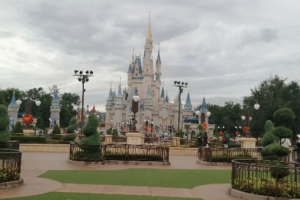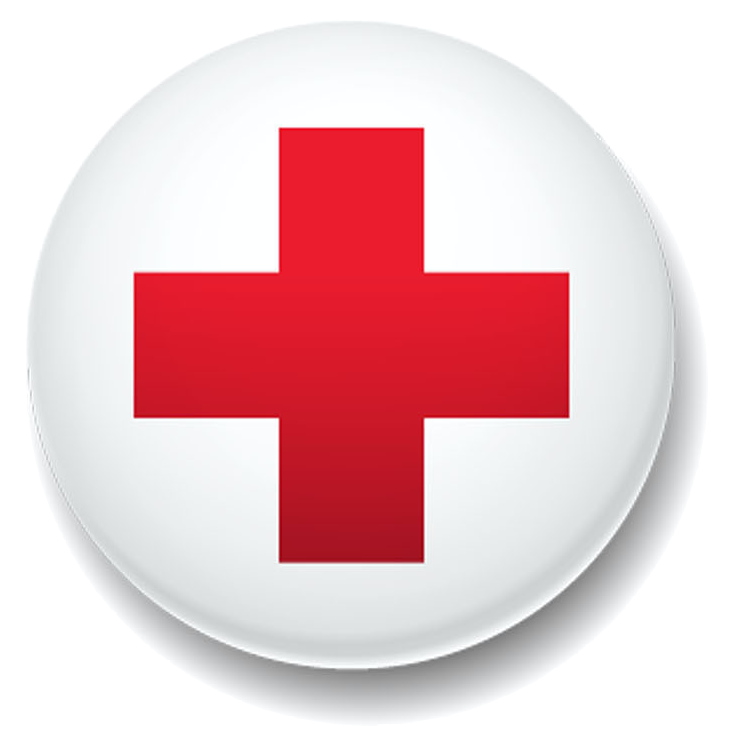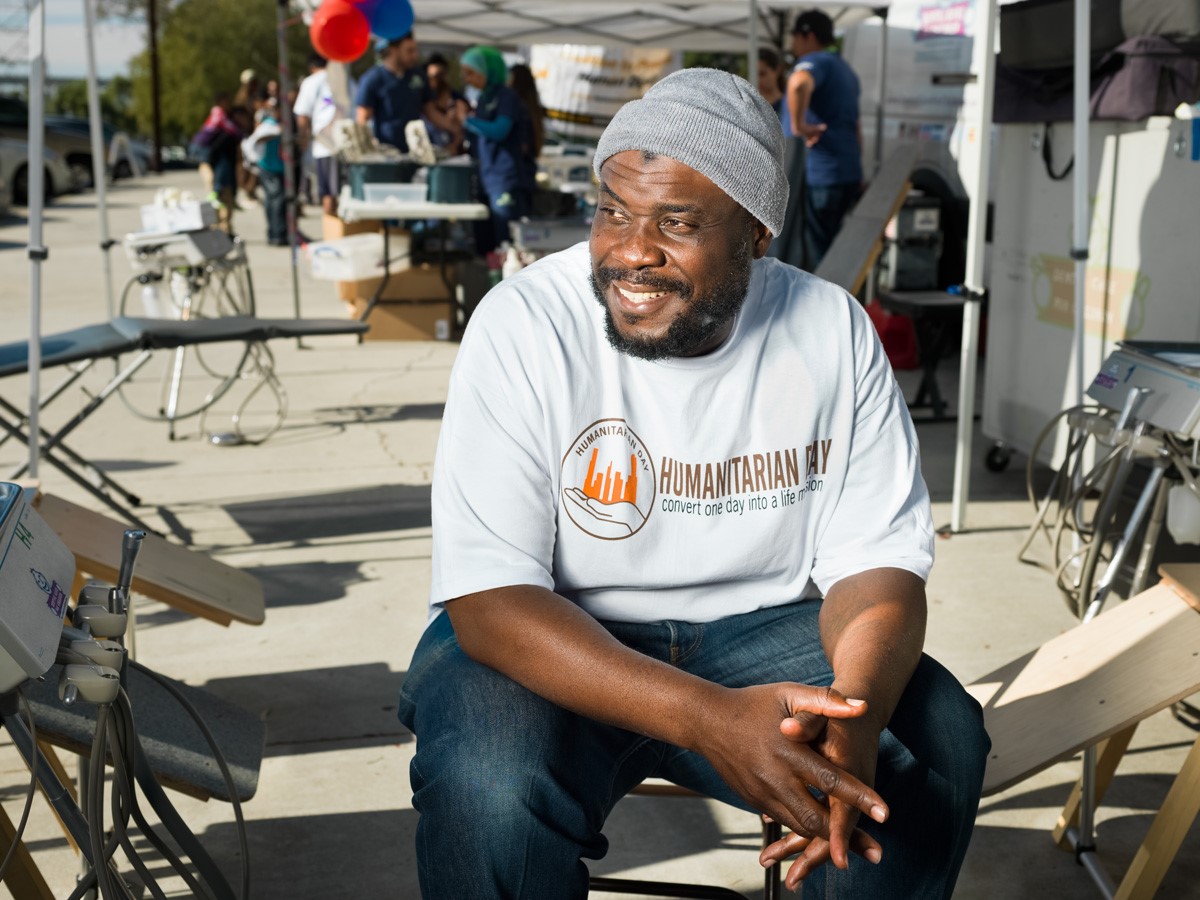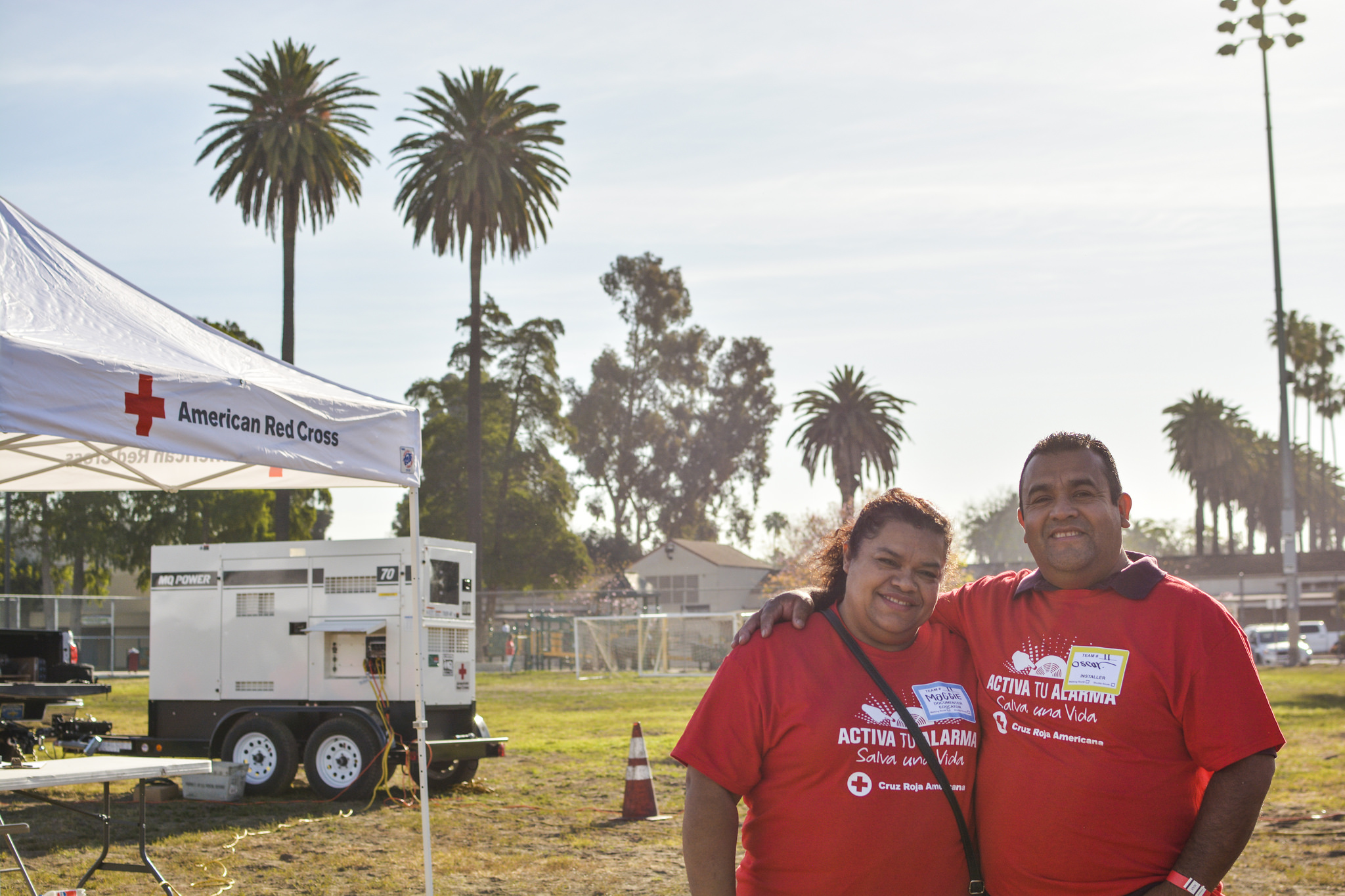By Suzanne Jones, Red Cross volunteer
Earlier this year, Veronica Garcia Davalos deployed to Orlando as an Elected Officials Liaison to facilitate in the response to the disaster that Hurricane Dorian threatened to heap on Florida’s eastern coast.
Soon after she arrived on Saturday morning of Labor Day weekend, Veronica learned that several other Red Crossers from other regions had arrived ahead of her and had already divvied up the long list of elected officials to connect with to support the response. As is often the case with Red Cross work, Veronica had to be flexible, and she shifted her attention to fill the open slot of Community Engagement Program (CEP) Coordinator.
As CEP Coordinator, Veronica focused on engaging Event-Based Volunteers (EBVs) from nonprofit organizations throughout the community to help those affected. Veronica worked with the Latino Engagement Team (LET), which was an essential part of the success of the CEP because there was a critical need for communities with large Spanish-speaking populations to engage bilingual volunteers. Orlando being one such a community.
By Sunday, the eyes of Florida residents were glued to TV screens as Dorian approached. News stations transmitted live images of the destruction hitting Grand Bahama and Abaco Islands as Dorian launched a relentless beating on the islands for nearly 18 hours. Floridians braced for what they imagined Dorian had in store for them.

Tourists canceled visits to Walt Disney World Resort and other attractions. These otherwise busy sites became eerie ghost towns as the storm continued its approach. Orlando city officials issued a public curfew among other restrictions, to prepare residents for what was ahead. The city waited quietly.
Veronica was no stranger to the devastation a hurricane can cause, having seen it firsthand when she deployed to support the disaster response in Puerto Rico.
Hurricane Maria devastated the Caribbean island, wreaking havoc on the entire population and way of life for years to come. Maria ravaged 150 miles of coastline; moved at speeds of up to 170 mph; left the entire island waterlogged and its residents with no electricity, fresh water, food or shelter.
Puerto Rico had not seen a storm this strong in more than 85 years. Veronica had never seen anything like it at all.
Flash forward to Orlando, Veronica approached the doors of a church in one of the city’s majority Latino neighborhoods. The church had been set up as temporary housing for evacuees who chose not to wait until Dorian made landfall to leave their homes. As Veronica continued past the threshold, one of the evacuees stood up to approach her. Speaking in Spanish, the woman said, “I want to help.” Her demeanor conveyed her resolve. A few others approached as well. Veronica recognized their accents immediately. All spoke with a Puerto Rican accent.
Ironically the same people who approached and became EBVs turned out to be survivors of Hurricane Maria.
The efforts of EBVs are remarkably effective. These volunteers are given on-the-spot training then deploy to help with a disaster response, sometimes even the same day. For Veronica, a seasoned response coordinator, this was a given, but the group that stood before her now, was such an unexpected find, it was almost overwhelming.
By the end of the next day, the Maria survivors were screened, trained and prepared to respond. Veronica was impressed with how quickly this team of EBVs came together and how they were able to work together like a well-oiled machine.
As Dorian approached Orlando, the storm suddenly made a slight right turn. Orlando was spared.
We may never understand the reason for this stroke of luck, but if you ever find yourself inside a little church in a Spanish-speaking neighborhood in Orlando, I’d like to think the people there say to each other that when Dorian learned of the formidable team of resilient Maria survivors, it decided not to bother.
The storm may have passed, but it is just a matter of time until the next one hits. Veronica carries these memories with her and is ready to deploy again, wherever the Red Cross needed, to carry out its lifesaving mission of helping people affected by disasters large and small.





